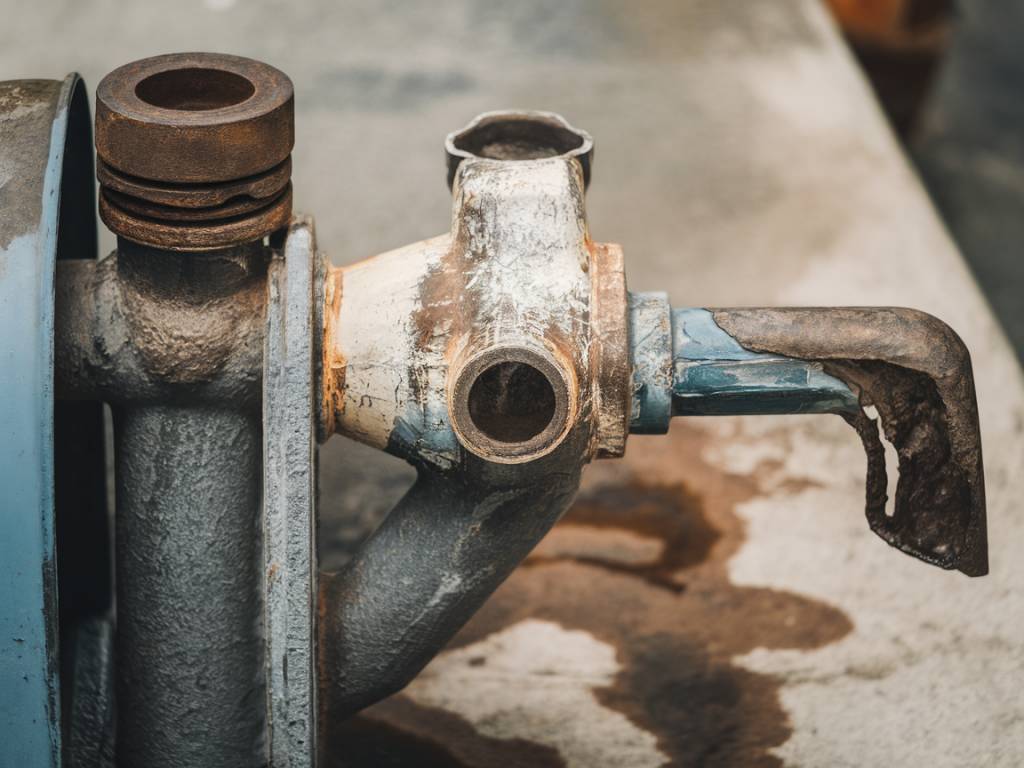« `html
Understanding the Importance of Regular Water Service Maintenance
Maintaining water services is an essential component of ensuring the longevity and efficiency of equipment. In industries where water plays a crucial role, such as manufacturing and healthcare, consistent water service maintenance can prevent potential breakdowns, reduce costly repairs, and enhance system performance. Before diving into the specifics of how this maintenance extends equipment life, it’s important to understand the pivotal role water plays in various sectors.
Water systems are integral to numerous processes, from cooling machinery to maintaining necessary cleanliness standards. Any disruption or inefficiency in these systems can have cascading negative effects, which is why regular maintenance cannot be overlooked.
Key Benefits of Regular Water Service Maintenance
When water services undergo regular maintenance, numerous benefits emerge, contributing to both short-term efficiency and long-term equipment life extension. Here are some of the key advantages:
- Reduced Risk of Equipment Failure: Regular checks and updates ensure that all components remain functional, thus preventing sudden breakdowns.
- Cost Savings: Proactive maintenance is generally more cost-effective than emergency repairs, which can be significantly more expensive.
- Enhanced Performance: Well-maintained water systems operate more efficiently, reducing energy consumption and operational costs.
- Compliance and Safety: Ensures that systems meet regulatory standards, protecting both the environment and public health.
Detailed Strategies for Effective Water Service Maintenance
Implementing a robust water service maintenance routine requires planning and execution of several strategies. Here are some methodologies that are proven to be effective:
- Regular Inspections: Routine inspections help in identifying wear and tear early, making it possible to address issues before they magnify.
- Cleaning and Flushing: Ensuring pipes and water storage areas are cleaned regularly prevents contamination and build-up, both of which can damage equipment.
- Replacement of Old Components: Over time, certain components will wear out. Replacing them before they fail keeps the entire system functioning smoothly.
- Water Quality Testing: Periodic testing ensures the water being circulated is clean and at the required quality level, preventing corrosion or other water-quality-related issues.
Understanding the Role of Water Quality in Equipment Longevity
The quality of water used in industrial systems is as important as the apparatus itself. Poor quality water can result in scale build-up, corrosion, and other forms of damage, shortening equipment lifespan. Consistent monitoring and adjusting of water quality is a crucial maintenance task.
For businesses, investing in water treatment solutions can be beneficial. Technologies such as water softeners, filtration systems, and desalination units can drastically improve water quality, thus fostering better equipment health.
Furthermore, training personnel to recognize water quality issues and report discrepancies is another layer of protection against premature equipment wear.
Technological Advancements in Water Service Maintenance
The rise of technology has significantly altered how we approach water service maintenance. Advanced sensors and monitoring systems now provide real-time data on water system performance, helping pinpoint potential issues early. This data-centric approach allows for more accurate and timely maintenance interventions.
Additionally, predictive maintenance models, supported by artificial intelligence, can forecast potential failures before they’ve even occurred. By analyzing trends and historical data, these models help businesses prepare and plan maintenance more effectively, reducing downtime and further extending equipment life.
Developing a Comprehensive Water Service Maintenance Plan
Creating a maintenance plan that’s effective and sustainable is critical for businesses reliant on water systems. A good plan should encompass regular inspection schedules, allocate budget for repairs and components, and ensure that qualified personnel are involved in execution.
Moreover, documentation and analysis should be part of any maintenance regimen. Keeping detailed records allows businesses to identify patterns or recurring issues, offering insights that can further streamline maintenance activities.
A comprehensive approach may include engaging third-party specialists with the expertise to handle complex systems. Outsourcing can be beneficial, allowing in-house teams to focus on core business activities while ensuring specialized maintenance is handled proficiently.
Case Studies: Success through Regular Maintenance
To illustrate the real-world impact of diligent water service maintenance, consider companies that have successfully extended their equipment lifespan through strategic maintenance programs.
For instance, a manufacturing plant that implemented a rigorous maintenance protocol saw a 30% decrease in equipment failures over five years. Similarly, a healthcare facility reported enhanced reliability in their water systems, significantly reducing unexpected downtime and ensuring continuous service provision to sensitive medical equipment.
These examples underscore the tangible benefits of prioritizing water service maintenance and its potential to enhance operational efficiency and equipment longevity.
« `
